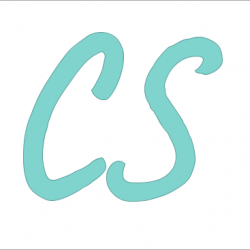The COVID19 epidemic is spreading with many small clusters in Africa, however there is still time to master the situation by rapidly deploying significant resources on a reduced geographic scale, and to draw valuable lessons from this experience. Indeed, these clusters probably look like all the epidemic starts that we may have to face in the future.
If we do not act very quickly, the consequences of our inaction will not only haunt our consciences, they could also overtake us and cost us dearly. To take the measure of the urgency, I suggest that you reason for a few seconds as an economist :
If you had a debt of 1 € with 20, 30 or 40% (current growth rates in emerging clusters) of interest per day , how long would you let it grow before reacting?

What if we could easily stop the epidemic in these countries by immediately providing them with the best known systemic response in rich and experienced countries?
Can we overcome our economic or cultural reluctance and forget the possible derogatory connotation of the concept of charity?
Could we offer to these high-risk areas a global effort to feed, monitor and confine very vulnerable populations for a few weeks?
It is certainly doable on a very small scale, impossible if we wait too long.
It is not only a humanist and united action, it is also and above all a strategic response to a risk that threatens our societies and our economies. We must be able to devote a fraction of our wealth to guaranteeing a confined life that is bearable for vulnerable populations that are still few in number, otherwise we risk losing much more.
I know that it is difficult to think of helping other countries at a time when we are barely counting our missing. I just beg you to believe that this experience will strengthen us all and that humanity has no other option than measured but geographically unlimited solidarity.
How to act? I will soon publish here a survey of possible actions. If you wish to propose others, contact me at this address: contact@crowdsolving.org
